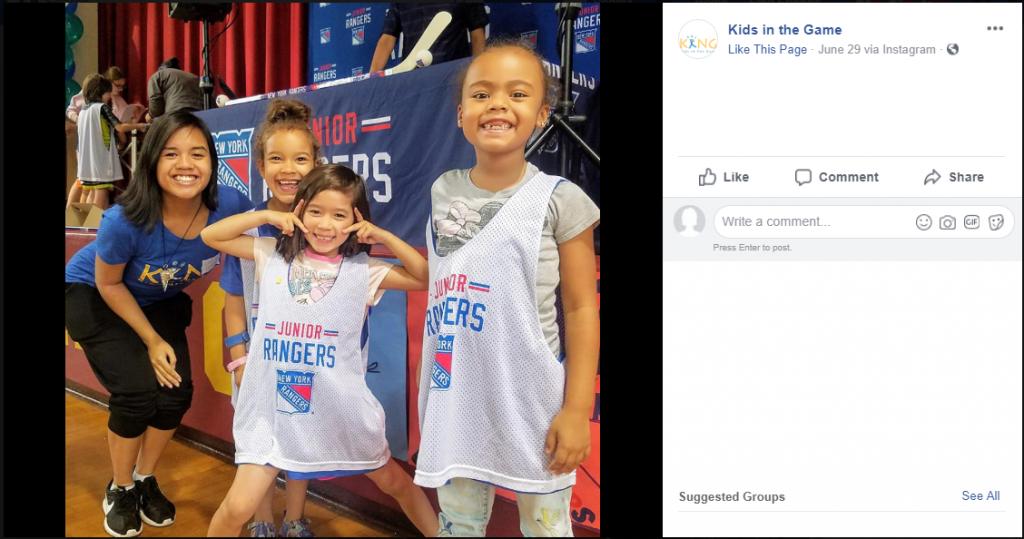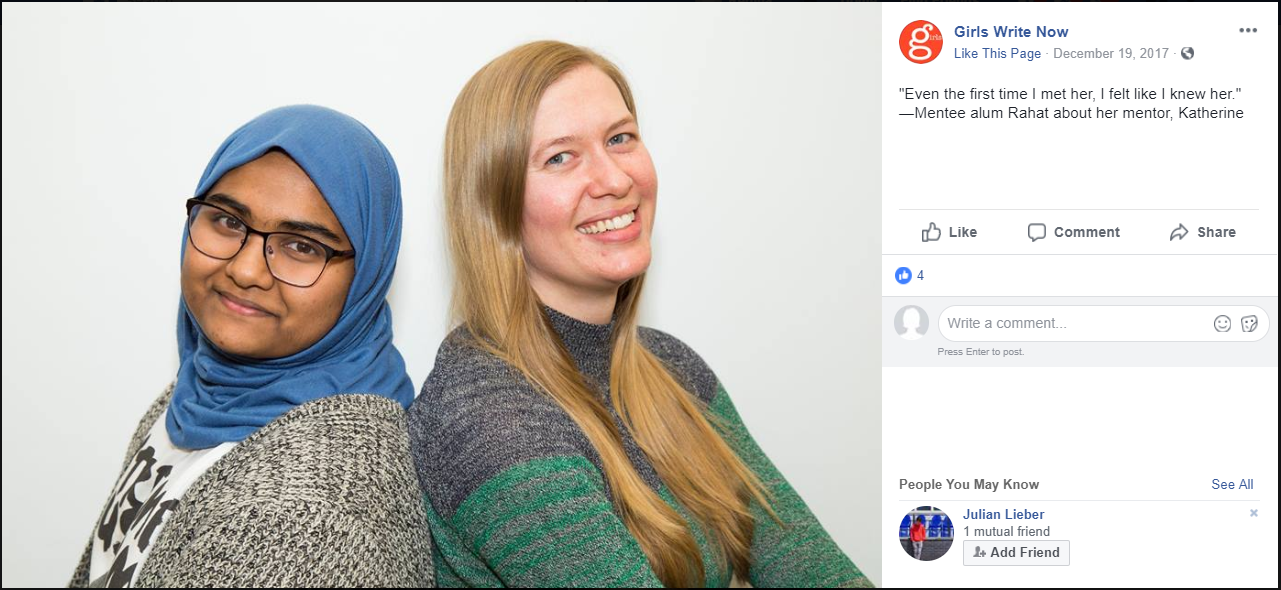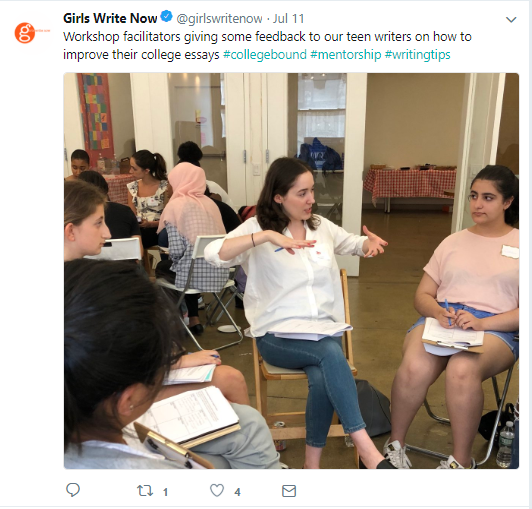What Do Mentors Gain From Their Mentees?

We all know the benefits of having a mentor. It gives us someone older, and therefore wiser, to learn from. Someone to guide us through various career obstacles, shed perspective on our personal lives, and sometimes, tell us funny, slightly cringy anecdotes from when they were young and still figuring it all out. It can serve as a reminder that, with experience, we can get somewhere, and aren’t going to stay totally confused interns for the rest of our lives.
But what about being a mentor? What can a mentor – someone with years of experience and education – really get from helping a lost little tadpole just beginning her career? The answer is A LOT. Studies show that being a mentor helps with everything from building better relationships to achieving workplace success. In 2013, Sun Microsystems University, a computer and software company, published results from a 7-year study comparing employees with mentors from employees without mentors. What they found is that those who served as mentors were six times more likely to be promoted and 20% more likely to receive a raise. So not only are mentors helping their mentees to achieve their career goals, they’re also helping themselves.
Tatum Boehnke, a mentor for Kids in the Game, a program committed to providing opportunities through fitness for youth in New York City, says that being a mentor has helped her to understand the wide array of experiences children have.
“I think the biggest thing I’ve learned from mentoring is not to project my own experiences too early in the process but rather truly diving into the experiences of the child I’m working with,” she says. Tatum’s approach is to spend time understanding each child and to learn what makes their “brain tick and tick in positive directions,” while supporting them in their own individual process.
“All people want to feel understood, but I think it’s underrated how much kids want to feel understood.”

At Girls Write Now, a non-profit dedicated to helping underserved young women find their voices through writing and community, mentors agree that the relationship they share with their mentee is mutually beneficial.
Katherine Hill, author of the novel The Violet Hour, assistant professor of English at Adelphi University, and former mentor with Girls Write Now, joined the program because she “loves teenagers” and wanted to make a difference. She didn’t expect that in guiding her mentee, Rahat Huda, through the transition from high school to college, she’d gain insight into her own life and renewed confidence in her craft.
“I mentored Rahat through a period of major transition from high school to college. But it was also a period of major transition for me — in the first year I had just moved to New York, in the second year I started a new career — and my relationship with Rahat allowed for some pretty remarkable reflection on my own life. At [Girls Write Now] we talk a lot about the importance of building girls’ confidence, but mid-career writers often need a confidence boost, too.”

After a period of writing fatigue, mentor Meagan Kensil’s love for poetry was reignited by her mentee, Victoria Azarkina, this year. In reading Victoria’s work, she was inspired to tap into the creative parts of her own brain once again. Adding to that, having a mentee gave Kensil insight into a new generation.
“I learned that there is a vibrant and growing community of young women who are more passionate, informed, and brave than the women I knew at [my] age. I was so impressed by the thoughtfulness and perceptive insight I heard from all the mentees.”
The experience left her feeling hopeful for the future. While helping someone blossom into their best selves is motivation enough, you can’t ignore the personal satisfaction that comes from being a mentor. In guiding someone younger than you, especially someone from a different background, you’re able to gain insight into worlds you would otherwise never know. It can give you the push you’ve been waiting for.

Journalist Shannon Carlin is approaching her fourth year as a Girls Write Now mentor. In reflecting on her experience, she’s realized that it has called to surface her passion for writing and reminded her just how grateful she is to be doing it for a living. Every day, she pushes herself more with her mentee in mind.
“It’s been a reminder of how much I just genuinely love writing and telling stories about others. I think that beginner’s passion rubbed off on me to make me not take any of what I’m doing for granted,” she says. “Also, (mentorship pushes) me to do more, learn more, and to try more because how can I be a good mentor if I’m not doing all those things? To me the relationship between mentor and mentee is really symbiotic, we both need the other to push us and encourage us to make us better at what we do.”





